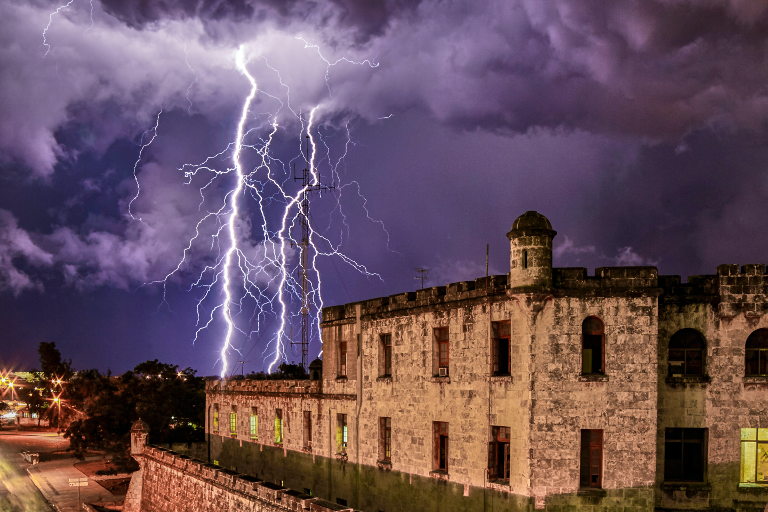Coronavirus is a foretaste of the future challenges to come. We have been offered a wake-up call with supermarkets having empty shelves and being forced to change the routine. We will need more resourcefulness, capacity for divergent thinking, and self-initiative in future events related to climate change and economic slowdown.
As it is too late to sign insurance once you had an accident, similarly, culture is something that we need to hone well in advance before we realize that we need it urgently.
What is culture? It is this invisible force in our heads. We do not see it but we see the results of it. And people from outside see it more clearly then the ones inhabited by it. The culture makes us interpret events in certain way and choose certain solutions. It makes us prioritize some activities over others. It influences our ideas about what to pursue to be happy even though it may lure us into wrong directions. It decides how we shape human relations. It makes us more prone to have certain ideas rather than others. For example, the focus on progress and technology rather than preventive health is part of the current culture.
We are shaped by the economic system we are part of. It generates and reinforces a culture that is adapted to its functioning.
In the times of new challenges, we need to develop a new culture to be able to survive. This is what Rebecca Solnit has observed about catastrophes such as a hurricane. Their way of being adapts spontaneously to the situation. We have it in our instincts.
However, the change that we need to prepare for is not just a repairable disaster, after which everything will go back to the normal. By “normal,” I mean what we are used to. In short-lived crisis situations we have the old structures to step in and to depend on. The system has capacity to absorb local shocks. What we need to prepare for is a situation where old strategies will fail us and the new capacities need to be developed.
Pablo Servigne*, predicting a collapse, warned that the current food system heavily depending on fossil fuels and mining cannot operate the same way because the planet’s resources are evaporating. Changing food production, as it was the case in Cuba in the 1990s, may become a necessity rather than a market trend such as organic labeling.
Janine R. Wedel went to Poland in the 1980s to study how people function in a different type of economy. People had to form self-organized waiting lines to buy food. They had to be engaged in a network of friends and acquaintances to obtain what they needed. These real and perceived interconnectedness influenced their priorities and ways of spending time. At the same time, they did not have smart phones for distraction. Wedel comments from an American perspective that they were more intellectual and focused on inner life than her US circle of friends.**
This period of confinement is a great opportunity to look at the broader picture in one’s relations. Are they satisfactory? If not, what needs to be done to deepen the present friendships or have new relations?
The new organization of production and possible limits in consumption may force us or the youngest generation to become different types of personalities in order to thrive in this new environmental and economic situation. Facebook, Snapchat, and other online evasions do not seem to be adapted tool of socialization for to prepare young people for these new challenges to come.
We need to reflect deeply about education. How can schooling prepare for the crisis rather than contribute to it by shying away from the questions of consumption? How can it prevent rendering young people helpless by individualizing culture fostered through competition? What skills should we inculcate to prepare them to cooperate well ahead of crisis? How can we prepare a ground for creativity and imagination that will empower them to have better ideas than the ones that failed us? Paradigms change with the generational replacement within the dominant institutions. However, we need to accelerate these shifts by raising awareness and moral reasoning. The sooner parents and schools recognize this responsibility, the easier will be the landing when a catastrophe parachutes them into a new challenge.
* Pablo Servigne (2014): Nourrir l’Europe en temps de crise. Actes Sud.
** Janine R. Wedel (1986): The Private Poland. Facts on File.
You can contribute to the author’s crowdfunding campaign to help publishing the book “Imagine a Sane Society” or other forthcoming Creative Commons books, accessible for free online. She does not want her work to benefit Amazon because she opposes its practices.
Teaser Photo credit: by Dorothea OLDANI on Unsplash





